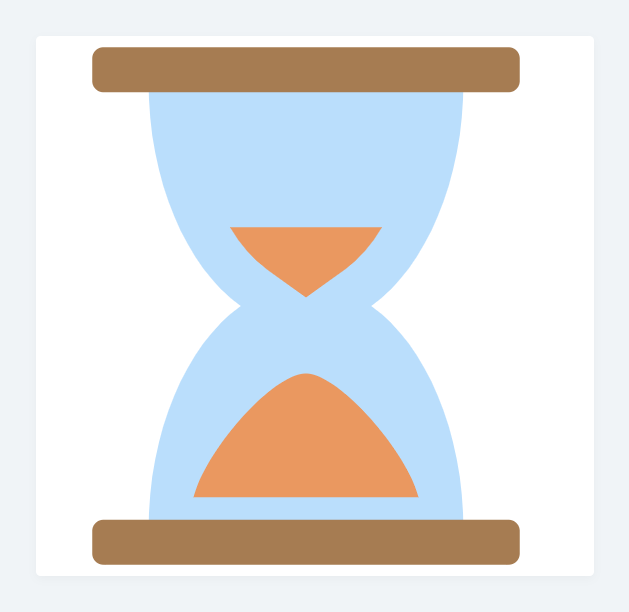What engineers want from PMs - Part 1

What do engineers want from their PM (product manager) counterparts? I have discussed this topic with several PMs and engineers in the past and thought I would write it out for everyone.
In this two-part series, I want to first write about what I have learned about what engineers want in the last 20 years before we go to what they desire from PMs in the second part.
☠️ Disclaimer 1: I don't claim to be an expert who has conducted scientific research on the topic. A lot of this understanding comes from a relatively small sample set and may have a lot of biases.
☠️ Disclaimer 2: As a manager, I haven't had a successful run where I enjoyed zero attrition or an offer to join ratio of 1. These should be considered proof that I don't understand the topic enough.
What do engineers want?
I believe engineers are looking for one of these things (mixture and mileage may vary).
- Money
- Career growth
- Fun, enjoyment
- Appreciation
- Kick
The list is not exhaustive (e.g., people move jobs because of location and family). While I choose to use a triangle shape to represent these needs, they are not like Maslow's hierarchy of needs. Most engineers have their objective function, which uses all five factors (and more) to make a career decision. The equation also keeps changing with time.
Money

Money is self-explanatory. Many in India become engineers because their parents believe this will give them a good shot at earning a livelihood. Many of these engineers end up picking up software engineering for similar reasons. I don't want to judge people who do anything just for money. If all things are perceived to be the same or similar in two competing job offers, many of us will choose a job with more money. Promise for future money makes many startups offer lucrative for many job seekers. Some people might be ready to do almost any uninspiring work because they get money.
Career Growth

Career growth is a rather tricky point; I have seen one friend choosing company X over company Y because they thought they would have better career growth due to company growth. But within the same week, another friend chose Y over X because they thought Y has much better-defined career ladder policies, and he might get access to a better set of mentors with company Y.Career growth is so subjective that some people join FAANG brands for a couple of years to use the brand on their resume; they seem to know they would thrive in a smaller setup. At the same time, I also know people who don't even interview large brands because they won't get to grow as quickly as they can in a startup. Often, lack of career growth comes up as a lack of learning.
Appreciation

While I haven't personally seen the culture of appreciation as a factor while people choose jobs, appreciation seems to be a great motivator for most of us once we are part of a team.
Fun

Fun seems to be on top of people's lists when they say goodbye in farewell meetings/calls. Did they make fun and enjoyable memories in the last couple of years? Fun being an integral part of farewell discussions makes me think that the answer to the question, "will I have more fun in company X vs. company Y," might play a crucial role sometimes.
Kick

Kick of making something great/useful/valuable / path-breaking, etc. Some people call it the joy of delivery; some call it the satisfaction of seeing friends and family use what they built; some call it "being proud of" what we create. I know plenty of engineers who choose to join big companies not because smaller companies can't pay more but because every small contribution they make may be used by 100 million customers the next day. That's your 'kick' at play.
Some people can get a kick from impact; some can get it from building something they have personally not created before. The kick is an internal feeling, while the impact is an external measure. Some engineers I know get a massive kick out of learning new things.
Many start contributing to open source for the kick of building something from scratch.
What engineers don't want
Listing what engineers want was relatively easy for me because I have heard these needs and wants from multiple engineering friends. I established the list of wants based on how I see friends making career decisions. But what they would like to avoid hasn't been easy to gather. Many of these insights come from a 1-on-1 question, "what's bothering you or drains your energy." Here is a list (again non-exhaustive) of things engineers wouldn't want.
- Deadline pressure
- Ambiguous requirements
- Production issues
- Technical debt
- Disrespect
Deadline pressure

We all have deadlines, big companies or small companies, internal deadlines or external deadlines, real or made up. Some of the deadlines are created based on irrational fears, while many other deadlines are part of a larger orchestration. Deadlines create pressure and may result in engineers taking shortcuts and compromising quality. Missed deadlines are often the top source of stress in engineers.
Sometimes the pressure is self-induced, especially for beginner engineers, and unfortunately, sometimes, the deadlines are simply dishonest.
I would add a lack of work-life balance here. However, I acknowledge that deadline pressure is not the only cause.
Ambiguous requirements

Ambiguous requirements are often a gripe with the product team, but it's also feedback for engineering leaders and founders. Engineers want to see a great and clear vision from us; something that makes them get the kick of building comes from a great concept.
Production issues

Production issues are both embarrassing and time-consuming. As much as I love debugging, production issues invariably sap more energy than they should.
Technical debt

Technical debt is often caused by deadline pressure and happens with organically changing requirements. A design that was considered suitable for yesterday's requirements may become a technical debt when conditions change (and in dynamic businesses, they change frequently). A large amount of technical debt can slow down development and often causes production issues, missed deadlines, and a lack of fun while working.
Disrespect

Disrespect seems like an odd choice here, but I wanted to include it here. If engineers know their business/product counterparts do not respect them, they aren't likely to have fun in their work.
Many engineers I talk to also consider cumbersome processes as disrespectful and distrustful.
I have often seen a lack of work-life balance equated with toxicity; they may co-exist often. But disrespect or toxicity is often a more significant cause of people not sticking around; lack of work-life balance sometimes still works out when engineers have fun and get a kick out of what they are building.
In the second part of this post, I will translate these points to say what engineers want from their PMs. What do you want, and what would you like to avoid as an engineer?
